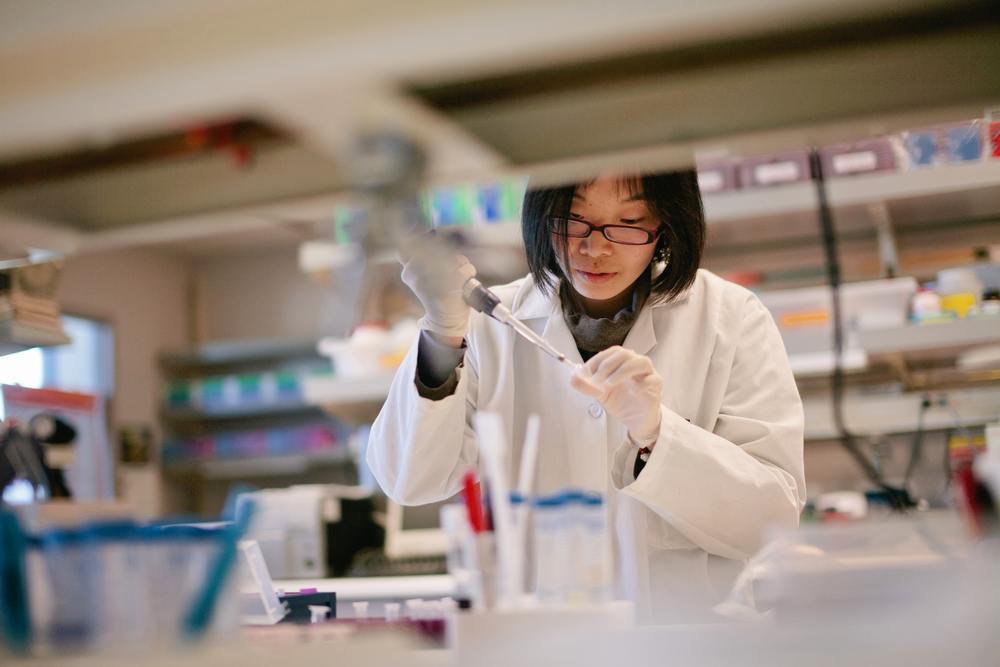The Future of Biosciences is a conversation with Professor Philip Nolan which takes place on Thursday, September 22nd 2022 12pm – 1pm.
The conversation is hosted by the Irish Pharmaceutical Healthcare Association.
‘Impact 2030’, launched by the Government in May, places research and innovation at the heart of tackling Ireland’s social, economic and environmental challenges. As one of Ireland’s strongest industrial sectors whose lifeblood is innovation, this discussion will ask where Ireland should place our bets – and how the inventors and makers of medicines can contribute to a stronger scientific ecosystem.
Professor Philip Nolan
Director General, Science Foundation Ireland
Professor Nolan was appointed Director General of Science Foundation Ireland in October 2021. He took up the position in January 2022. In 2020 and 2021, Professor Nolan was a member of the National Public Health Emergency Team whose disease modelling subgroup he chaired as part of the Government’s response to Covid-19. Professor Nolan served as President of Maynooth University between 2011 and 2021. In that time, the university’s research capacity doubled. Professor Nolan earned his degrees in physiology, in 1988, and in medicine, in 1991, at University College Dublin (UCD). He was awarded a PhD in physiology for his research on the control of breathing and the cardiovascular system during sleep. Professor Nolan joined the academic staff of the Department of Human Anatomy and Physiology at UCD in 1996. He was appointed Director of the UCD Conway Institute for Biomolecular and Biomedical Research in 2003 before becoming Registrar and Deputy President at UCD between 2004 and 2011.
… in conversation with Jonathan McCrea Presenter Whipsmart Media, Speaker, Award-Winning Broadcaster
Register here
BSc (Hons) in Science with 2 Award options: Biopharmaceutical Science / Environmental Bioscience
The aim of this four-year level 8 Science course is to produce graduates with the knowledge, skills and competencies to respond effectively to current and future developments in the Biopharmaceutical or Environmental Bioscience sectors.












Comments